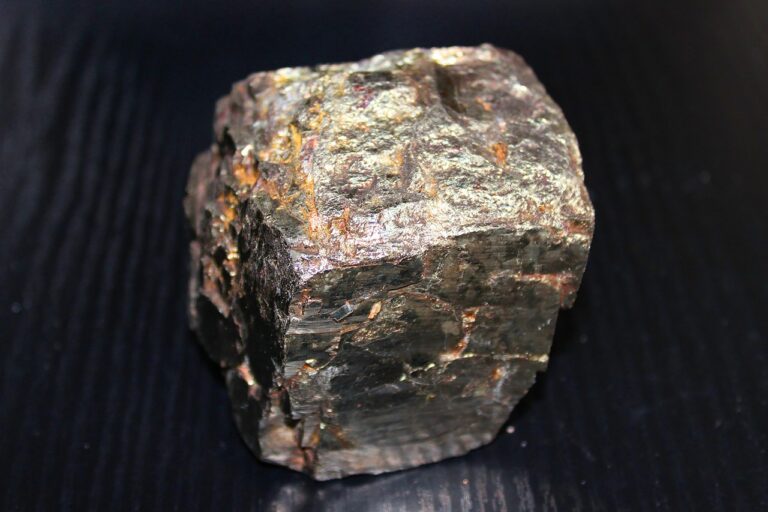There are many myths associated with being in outer space without a spacesuit. Some say that the unfortunate person will be instantly frozen, others say that the hapless astronaut will be immediately incinerated by space radiation, while others say that the blood inside the body will boil and the person will die in a second. Is this really true, and how long can one live in space without a spacesuit?
The unfortunate person will immediately turn into an ice cube
One can answer with certainty that one is not destined to turn into an ice block instantly. Space, of course, is very cold, but its density is extremely low. Therefore, the human body will not be able to transfer its heat – because there is nothing around. By the way, one of the main problems on the ISS is not to protect the crew from the cold, but, on the contrary, to remove heat from the station.
Man will be incinerated by cosmic radiation
Space radiation is certainly dangerous. Charged particles pierce an astronaut, causing radiation sickness. But to get a lethal dose, you need to spend quite a long time in space, during which time you will have time to die under the influence of other factors. Normal clothing covering your body can protect your body from most burns. But if you end up in space completely naked, the effects of even a short stay can be bad.
Blood boils due to low pressure
But what if a person’s blood boils and ruptures blood vessels? After all, there is very low pressure in space, which helps reduce the boiling point of the fluid. But the blood inside the body will continue to be under its own pressure and in order to boil it will need to reach a temperature of 46 ° C, which, as we know, is not observed in living people. But if you stick your tongue out, you will feel your saliva boiling. But in this case there will be no burns, because it will boil at a low temperature.
An astronaut will explode because of the pressure drop
The pressure in space is dangerous in another way: because of its difference the human’s internal organs may enlarge and the body will swell up to two times. But you won’t be able to burst and “splash” your insides into space: our skin has enough elasticity to restrain such a strong expansion, and if you wear tight clothes your dimensions will remain the same as before.
You won’t be able to breathe
Pressure is a great danger to our respiratory system. As far as we remember, there is no oxygen in space, so the amount of time a person can live without a spacesuit depends on how long they can go without breathing. But it would not be as if we were underwater, where all we have to do is hold our breath and try to swim out. If you hold your breath in a vacuum, the difference in pressure will simply rupture your lungs, and then it will be impossible to save the person. The only way to prolong your life is to allow the gases to escape from your body rapidly (this can cause trouble, such as emptying your bowels or stomach). When the oxygen rapidly leaves your body, you will have about 14 seconds while the oxygenated blood continues to feed your brain, and then you will lose consciousness. But does this mean inevitable death? No! Our seemingly fragile organism can survive even in such an alien and hostile environment. Scientists believe that if a person after a minute and a half stay in outer space is taken to a safe place, he will not only survive, but also fully recover his functions in a few days.
Experiments on animals have shown that chimpanzees, even after a three-minute stay in conditions close to a vacuum, in a few hours come back to normal. At the same time they had the above described symptoms: body expansion and loss of consciousness due to lack of oxygen. Experiments with dogs showed that our four-legged friends endure vacuum much worse than chimpanzees: the survival limit is no more than two minutes.
Experiments with chimpanzees and dogs should not be completely trusted: the human and animal bodies may react differently to their environment. And, although no one will do such experiments on humans, we can judge the effects of the vacuum on the human body by the accidents that have happened to astronauts. In 1965, technician Jim LeBlanc tested in a vacuum chamber the tightness of a new spacesuit that was intended for lunar expeditions. During one of the tests, when the pressure in the chamber was close to the space pressure, the suit depressurized and the person lost consciousness after 14 seconds. The standard procedure to restore pressure to normal took 30 minutes, while the team of scientists risked speeding up the process and restored pressure in just a minute and a half! Consciousness returned to Leblanc when the pressure in the pressure chamber corresponded to the earth pressure at an altitude of 4.5 km above sea level. Another incident is the flight of the Soyuz-11 spacecraft. During the descent of the spacecraft to the ground, the spacecraft depressurized. A small vent valve, one and a half centimeters in size, which did not open in time, caused the death of three cosmonauts. According to the recording equipment, all three lost consciousness 22 seconds after depressurization, and vitality stopped registering after 2 minutes. In total, the crew spent about 11.5 minutes in near vacuum space. When the spacecraft landed and the welcoming team opened the hatch, it was already too late to resuscitate the astronauts.














